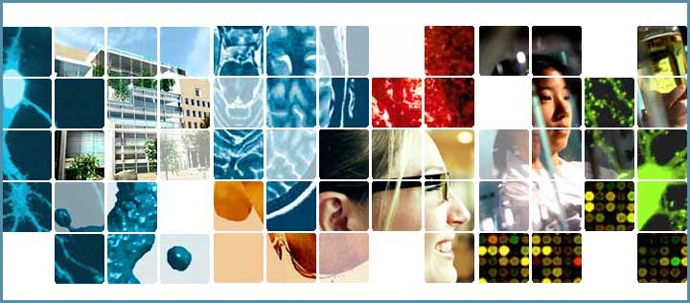
Featured Courses
The human brain is the most complex, sophisticated, and powerful information-processing device known.
To study its complexities, the Department of Brain and Cognitive Sciences at the Massachusetts Institute of Technology combines the experimental technologies of neurobiology, neuroscience, and psychology, with the theoretical power that comes from the fields of computational neuroscience and cognitive science.
The Department was founded by Hans-Lukas Teuber in 1964 as a Department of Psychology, with the then-radical vision that the study of brain and mind are inseparable. Today, at a time of increasing specialization and fragmentation, our goal remains to understand cognition- its processes, and its mechanisms at the level of molecules, neurons, networks of neurons, and cognitive modules. We are unique among neuroscience and cognitive science departments in our breadth, and in the scope of our ambition. We span a very large range of inquiry into the brain and mind, and our work bridges many different levels of analysis including molecular, cellular, systems, computational and cognitive approaches.
Since the field of brain and cognitive sciences is relatively young and extremely dynamic, there is no single text that encompasses the subject matter covered in most of the classes offered by the department. To educate and train future scientists, readings are from primary journal articles or research papers. This approach provides broad coverage, as well as the depth needed, so that students are exposed to cutting-edge knowledge in the various specialties of neuroscience and cognitive science. Browsing the course materials in MIT OpenCourseWare, the jewels are revealed in the detailed reading lists that provide a window on the current thinking in each subject.
Central to our mission is the training of graduate students in the brain and cognitive sciences, and the education of undergraduate students. Our graduate students benefit from the comprehensiveness of our program as well as by conducting research with individual faculty members who are on the cutting edge of their fields. The Department recently expanded its undergraduate program to include both neuroscience and cognitive science and our major is now one of the fastest growing in the institute.
Brain and Cognitive Sciences Courses
Archived Brain and Cognitive Sciences Courses
Some prior versions of courses listed above have been archived in OCW's DSpace@MIT repository for long-term access and preservation. Links to archived prior versions of a course may be found on that course's "Other Versions" tab.
Additionally, the Archived Brain and Cognitive Sciences Courses page has links to every archived course from this department.










